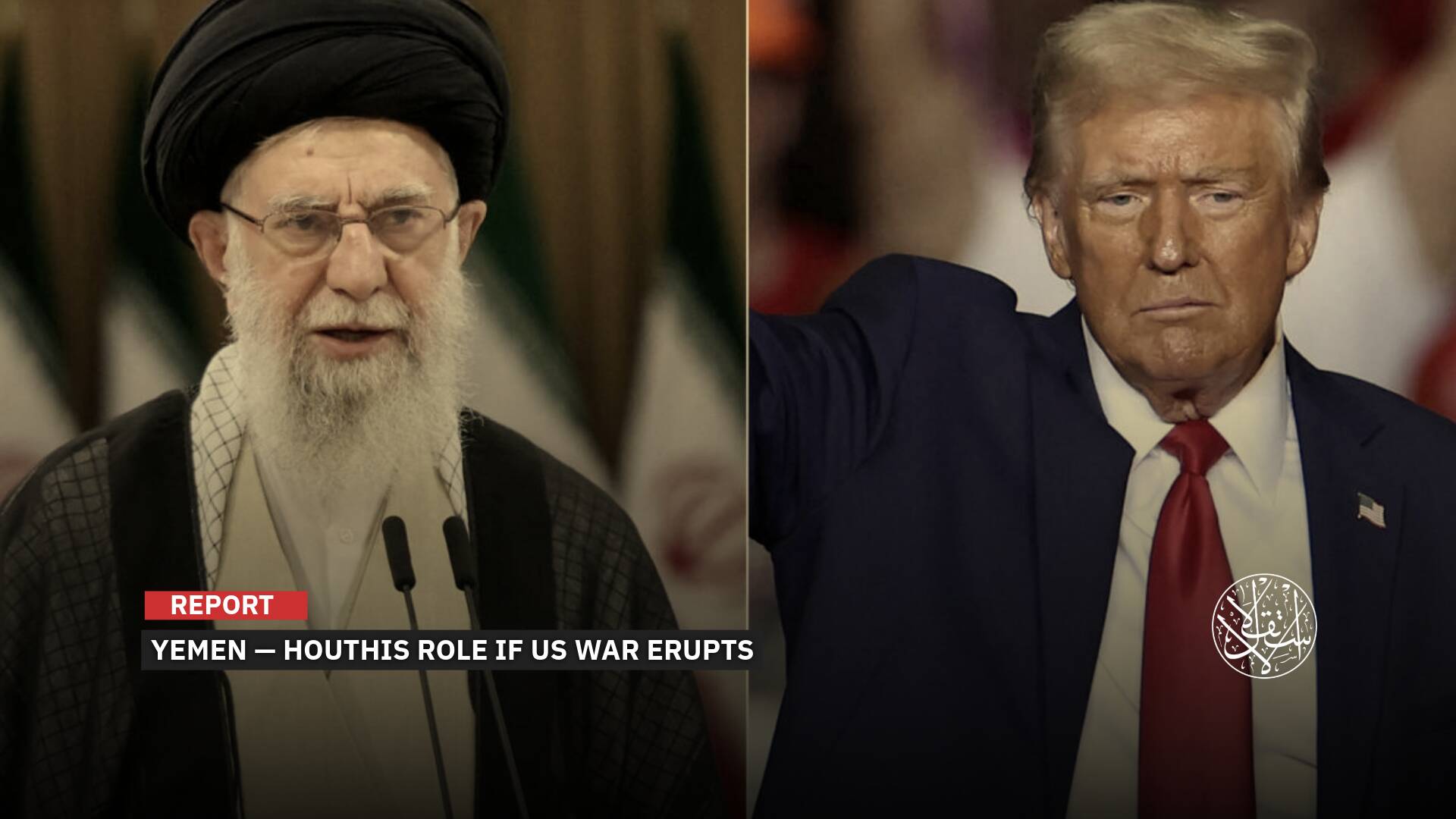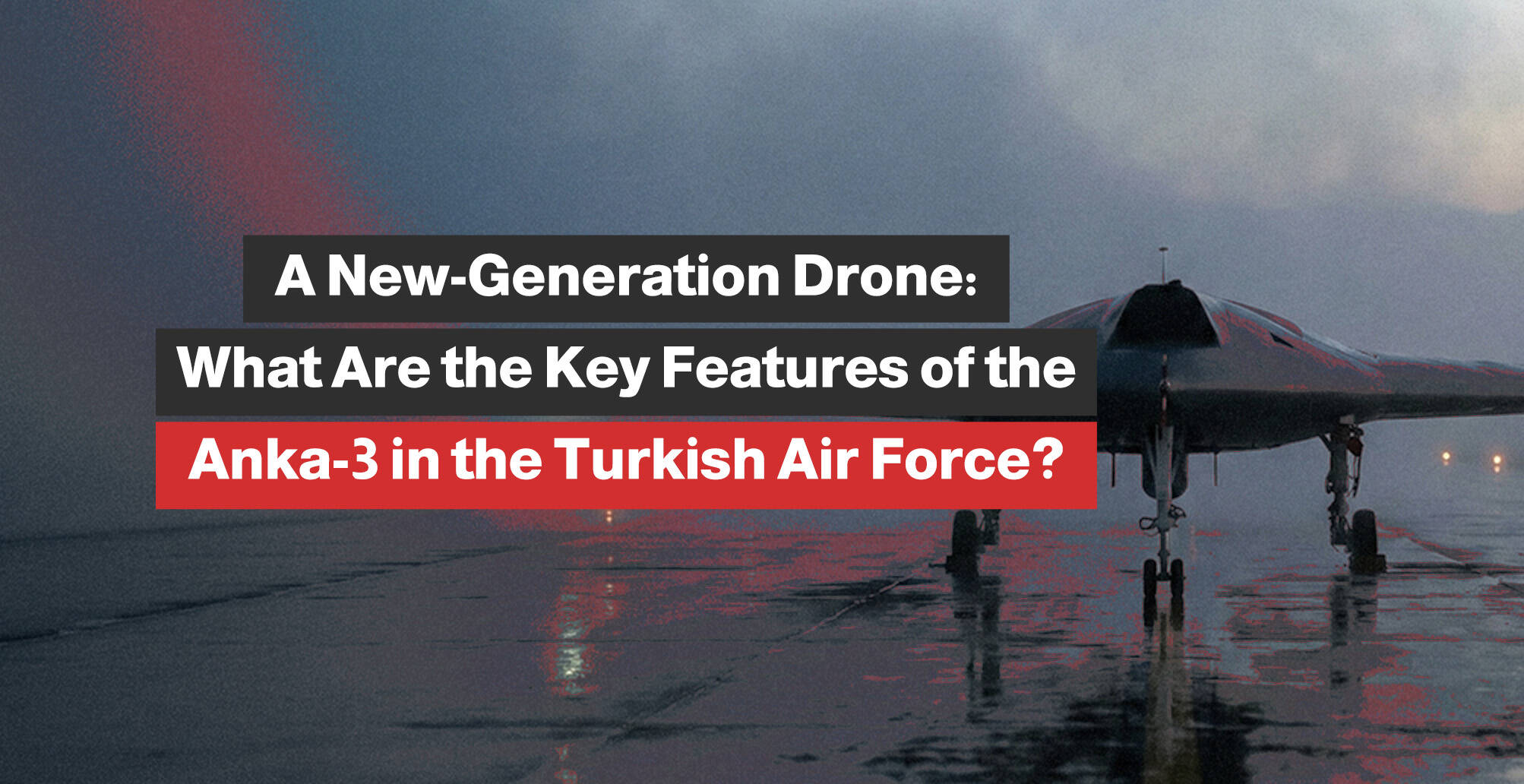After Backing It Against ‘Israel,’ Will Iran 'Pull Back' from Arab Lands?

The only side that stood with Iran was the Arab countries — no one else.
The supportive position taken by Arab countries toward Iran during the Israeli aggression has sparked questions about whether Tehran is undergoing a shift in its regional policy—especially in light of longstanding grievances over its expansionist ambitions and interference, whether direct or through proxies, in their internal affairs.
On June 13, 2025, the Israeli Occupation launched a devastating attack on Iran, killing dozens of senior military officials and nuclear scientists. Tehran responded with intense missile strikes on Tel Aviv, prompting the United States to target Iranian nuclear facilities. A full ceasefire was announced 12 days after the Israeli war began.

A New Chapter
During the 12-day war launched by “Israel” against Iran, Arab countries—particularly those in the Gulf—strongly condemned the attacks, describing them as “blatant and appalling assaults” on Iranian sovereignty. At the time, they called on the UN Security Council to intervene and halt the Israeli aggression immediately.
In a statement issued after a ministerial meeting on June 16, the Gulf Cooperation Council (GCC) said “Israel’s” attacks had undermined prospects for political solutions and caused the collapse of diplomatic efforts, prompting all member states to speak out against the offensive.
Echoing that stance, Egypt, Iraq, Jordan, Lebanon, Sudan, Algeria, Tunisia, Libya, Somalia, and Mauritania issued statements condemning the Israeli strikes on Iran as unacceptable violations of a sovereign nation—warning that such actions risk triggering a broader regional war.
Following the end of the Israeli war, Iran expressed its gratitude on June 25 to Arab and Islamic nations for their solidarity and unwavering condemnation of what it described as the “Israeli-American aggression” against its territory and sovereignty.
At a press conference, Iranian Foreign Ministry spokesperson Esmail Baghaei stated that the Islamic Republic remains committed to fostering greater understanding and cooperation among regional countries to ensure internal security and stability.
In remarks signaling a possible turning point in Tehran’s relationship with Gulf states, President Masoud Pezeshkian declared that Iran is ready to “open a new chapter” in its ties with the Gulf Cooperation Council.
Quoted by IRNA on June 29, Pezeshkian told members of his cabinet good neighborly relations and deeper regional ties are key pillars of the Iranian government’s strategy and he believes in the urgent need for solidarity among Muslim countries and the importance of expanding broad-based cooperation.
He added that Iran is fully prepared to work with the GCC and is willing to begin a new chapter in its relationship with neighboring Gulf countries.
According to observers, the president’s remarks may reflect a desire to contain the fallout of the war, especially as Iran faces growing economic and political pressures.
Tehran appears to recognize the strategic importance of rebuilding trust with its neighbors—particularly in the Gulf—given their influential role in the region’s security balance and the shared challenges posed by shifting geopolitical dynamics.

A Rare Opportunity
On whether Iran's often-labeled “expansionist” policy toward the region is truly shifting, Iraqi researcher on Middle Eastern affairs, Iyad Thabit, said “Iran’s approach is rooted in a religious ideology centered on spreading Shiism under the banner of the Islamic Revolution.”
“Changing this doctrine, which underpins the current system of velayat-e faqih [Guardianship of the Jurist], is non-negotiable for the government—even at the cost of the people’s suffering through sanctions, hunger, or foreign attacks,” Thabet told Al-Estiklal.
He also touched on long-standing tensions between Iran and the Gulf states, stating: “It’s unrealistic to expect Tehran to return the three Emirati islands—Greater and Lesser Tunb, and Abu Musa—which it has occupied since the early 1970s. That’s simply out of reach under the current Iranian regime.”
However, Thabit didn’t rule out the possibility that Iran might pressure its Houthi allies in Yemen into compromise. “It’s not unlikely that Tehran would encourage the Houthis to enter negotiations to resolve the Yemeni crisis—even to the extent of retreating to the mountains of Saada and relinquishing control of Sana’a,” he said.
Iraqi politician Dhafer Alani warned that if Iran fails to draw the right lesson from the recent war, it will have squandered a rare, perhaps unrepeatable opportunity: “The only side that stood by Iran was the Arab world—no one else. Not Russia, not China, not Germany, France, or even North Korea—despite them being its traditional allies.”
In a June 29 post on X, the political science professor said Arab states, especially those in the Gulf Cooperation Council, stood with Iran from the outset—issuing genuine condemnations of the Israeli assault and leveraging their diplomatic channels with all sides to help end the war.
“Even Qatar, whose sovereignty was violated by Iran when it bombed the Al Udeid base, chose to overlook the incident, actively mediated to halt the war, and even treated the strike as a gesture of peace.”
Alani, a former member of Iraq’s parliamentary foreign relations committee, added that “the Gulf states, which have long been targets of missiles fired by Iran’s proxies, did not respond with vengeance or seize the moment for payback. Instead, they acted with the dignity of true Arabs whose neighbor’s house was in flames.”
“If Iran doesn’t take this lesson to heart—by easing tensions in the Gulf, ending its interference, and making a genuine effort to rebuild trust with its neighbors—it risks losing a great deal in the coming days, and potentially much more than it can afford.”

Interventions and Tensions
For over four decades, Arab countries have complained about Iranian interference in their internal affairs. This intensified particularly over the past two decades, following the U.S. invasion of Iraq in 2003, and Iran’s support for Bashar al-Assad’s regime in suppressing the popular uprising from 2011 until his fall on December 8, 2024.
Before that, Iran was accused by local political forces in Iraq and Lebanon of meddling in political, economic, and security decisions, backing loyalist groups at the expense of these countries’ national interests, effectively holding their governments captive to its political will and sidelining or targeting any opposition.
Iran also backed the Houthis in their 2014 coup that seized control of Yemen’s capital, Sana’a. The Houthis launched missile attacks on several Gulf countries aligned against them, notably Saudi Arabia and the United Arab Emirates.
Among the most notable attacks targeting Saudi Arabia were strikes on oil facilities and Abha Airport in 2019.
Cruise missiles used in several attacks on oil facilities and an international airport in Saudi Arabia last year were of “Iranian origin,” U.N. Secretary-General Antonio Guterres told the Security Council in a report seen by Reuters. “The drones used in the Aramco attacks also originated from Iran.”
Guterres also said several items in U.S. seizures of weapons and related materiel in November 2019 and February 2020 were “of Iranian origin.”
On January 17, 2022, the UAE was hit by multiple Houthi strikes targeting the capital Abu Dhabi through drones and ballistic missiles. The attacks damaged a refinery owned by Abu Dhabi National Oil Company and killed two Indian workers.
Between 2017 and 2019, the Houthis claimed to have targeted the Barakah nuclear reactor in Abu Dhabi as well as Abu Dhabi and Dubai airports using drones, although UAE authorities consistently denied these claims.
Iran is also accused of interfering in Bahrain by supporting Shiite opposition groups. Voices from Iran’s Shura Council and numerous political and military figures in Tehran have called for the occupation of this Gulf kingdom in recent years.
On March 20, 2016, Revolutionary Guard General Saeed Qasemi made hostile statements demanding Bahrain’s annexation, claiming it was “an Iranian province that was separated.”
On December 27, 2016, former Revolutionary Guard commander Major General Hossein Salami told IRNA that “victory in Aleppo is a prelude to the liberation of Bahrain,” asserting that Iran’s expansionist project would extend to Bahrain and Yemen.
Similarly, Mohsen Rezaei, secretary of Iran’s Expediency Discernment Council and former Revolutionary Guard commander, stated in an interview with the Christian Science Monitor on September 24, 2016, that Iran will not abandon its allies in Syria, Bahrain, and Yemen, and will continue to support them politically and morally.
Sources
- Pezeshkian: We Are Ready to Begin a New Chapter in Relations With Our Neighbors [Arabic]
- Iranian President: Ready to Open a New Chapter With Gulf States [Arabic]
- Iranian President: Ready to Open a New Chapter in Relations With Gulf States [Arabic]
- Gulf States Condemn Israeli Attacks on Iran [Arabic]
- “Iranian Missiles”: What Awaits Tehran After Guterres’ Report on the Aramco Strikes? [Arabic]
- Gulf States Warn of Alarming Scenarios Following Israeli Attack on Iran [Arabic]
- Iran Thanks Arab and Islamic Countries for Their Solidarity During the Israeli-American Aggression [Arabic]
- The Houthi Attack on the UAE Is Not the First: Here Are the Group’s Key Operations and Military Arsenal [Arabic]
- Behind the Houthi Drone Attacks on Abu Dhabi
- Iran suppresses its peaceful opponents and supports militias in Bahrain [Arabic]










